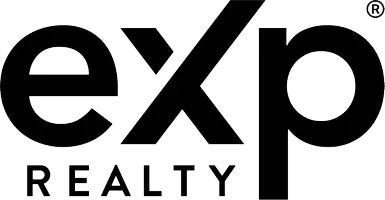Focus on What You Can Control When Concerned About Mortgage Rates

Chances are you’re hearing a lot about mortgage rates right now, and all you really want to hear is that they’re coming back down. And if you’ve seen headlines about the early November Federal Funds Rate cut by the Federal Reserve (The Fed), maybe you got hopeful mortgage rates would start to decline right away. Although some media sources may lead you to believe that the Fed’s actions determine mortgage rates, in reality, they don’t.
The truth is, the Fed, the job market, inflation, geopolitical changes, and a whole list of other economic factors influence mortgage rates, too. So, while recent actions from the Fed set the stage for mortgage rates to come down over time — it’s going to be a gradual and, likely bumpy, process.
Here’s the best advice anyone can give you right now. While you may be tempted to wait for rates to fall, it’s really hard to try and time the market — there’s just too much that can have an impact. Instead, set yourself up for homebuying success by focusing on the factors you can control. Here’s what to prioritize if you’re looking to put your best foot forward.
Your Credit Score
Credit scores can play a big role in your mortgage rate. And the difference of just a few points can make a significant impact on your monthly payment. As an article from Bankrate explains:
“Your credit score is one of the most important factors lenders consider when you apply for a mortgage. Not just to qualify for the loan itself, but for the conditions: Typically, the higher your score, the lower the interest rates and better terms you’ll qualify for.”
With rates where they are today, maintaining a good credit score is one of the keys to getting the best rate possible. To find out where your credit score stands and what you can do to give it a boost, reach out to a trusted loan officer.
Your Loan Type
There are various types of mortgage loans, each designed with unique terms and qualifications to suit different buyers. As explained by the Consumer Financial Protection Bureau (CFPB):
“There are several main categories of mortgage loans, including conventional, FHA, USDA, and VA loans. Lenders determine which products they offer, and each loan type has its own eligibility criteria. The loan type you choose can significantly impact your interest rate. Consulting multiple lenders can help you explore and understand your available options.”
Collaborate with your real estate professionals to identify which loan types you qualify for and determine the best financial fit for your needs.
Choosing the Right Loan Term
Similar to loan types, you also have flexibility when it comes to choosing the term, or duration, of your mortgage. As Freddie Mac explains:
“When selecting a home loan, it’s crucial to evaluate the loan term—the time it will take to fully repay your mortgage and own your home. The loan term impacts your interest rate, monthly payment, and the total interest you’ll pay over the loan’s lifetime.”
Common options include 15-, 20-, and 30-year terms, each affecting your rate differently. Consult with your lender to determine the option that aligns best with your financial goals.
Bottom Line
Remember, while you can’t control the broader economy or predict when mortgage rates will drop, you can take steps to set yourself up for success. Focus on factors you can control—like improving your credit score, exploring loan options, and understanding loan terms—to prepare for smart decision-making when the time comes.
Reach out to a local real estate agent and lender for guidance. They can help you evaluate your situation, develop a plan, and take the right steps now to make a difference when you’re ready to buy a home.
Categories
Recent Posts

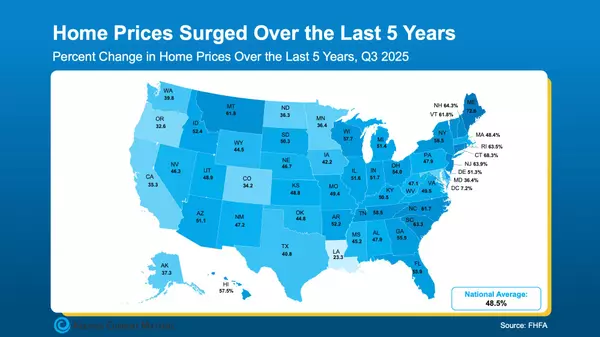
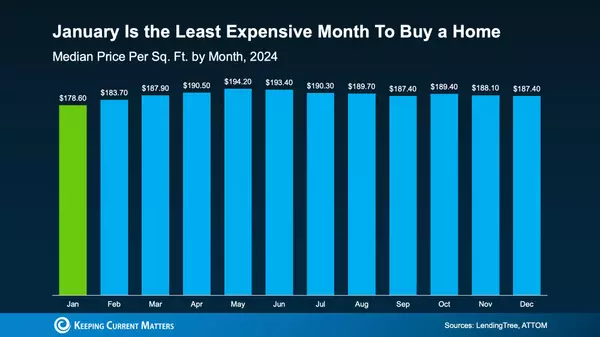
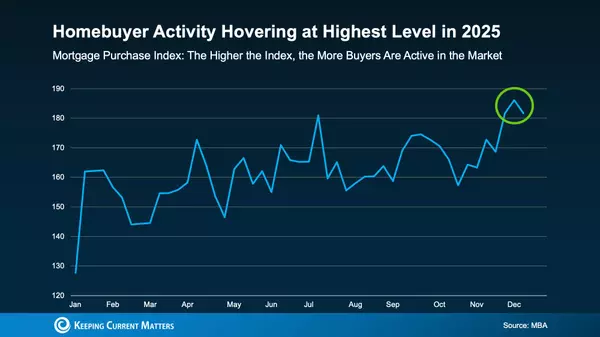
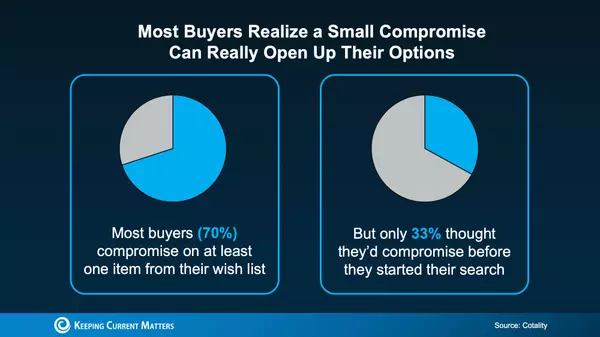
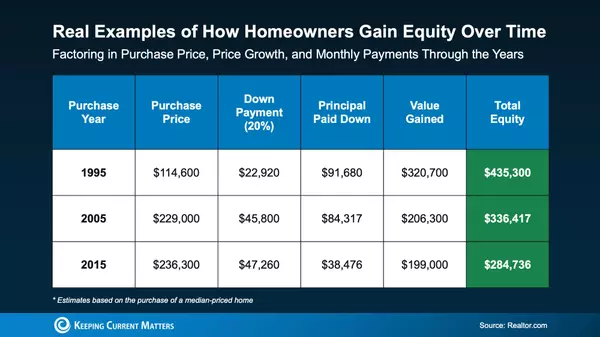
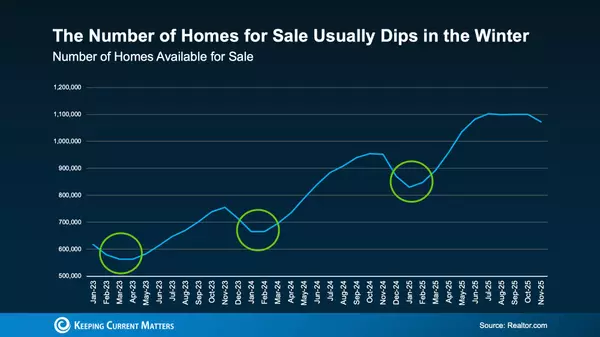
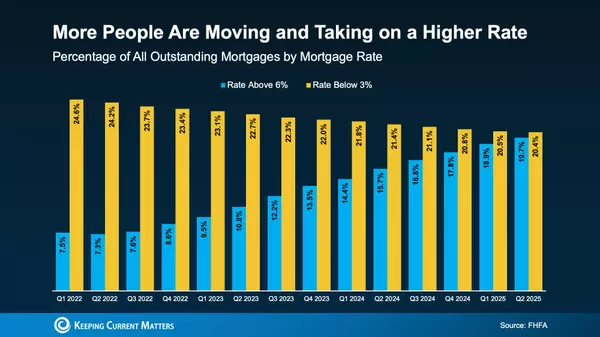
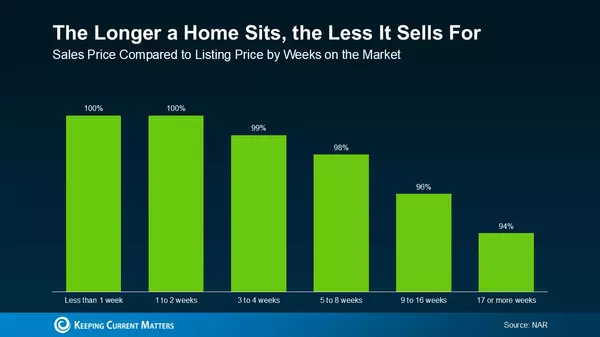

GET MORE INFORMATION

